ASRock Rack B550D4-4L Motherboard Review: B550 Goes Professional with BMC
by Gavin Bonshor on May 20, 2021 9:00 AM ESTBoard Features
The ASRock Rack B550D4-4L is a professional-focused ATX motherboard which is using AMD's desktop B550 chipset. It includes support for AMD Ryzen 5000 series processors, Ryzen 4000 G-series processors with Radeon Graphics, AMD Ryzen Pro 4000 and 3000 series processors, and AMD Ryzen 3000 desktop series processors.
The B550D4-4L includes one full-length PCIe 4.0 x16 slot, with a half-length PCIe 4.0 x4 slot, with support for PCIe 4.0 coming directly from the processor. For storage, there's a single PCIe 3.0 x4/SATA M.2 slot, with six SATA ports in total. Four of these are powered by the chipset and as such, include support for RAID 0, 1, and 10 arrays, while the other two are powered by an ASMedia ASM1061 SATA controller. In regards to memory support, the B550D4-4L has four memory slots, which are capable of supporting both ECC (CPU dependent) and non-ECC memory with speeds of up to DDR4-3200 and a total capacity of up to 128 GB.
| ASRock Rack B550D4-4L ATX Motherboard | |||
| Warranty Period | 3 Years | ||
| Product Page | Link | ||
| Price | N/A | ||
| Size | ATX | ||
| CPU Interface | AM4 | ||
| Chipset | AMD B550 | ||
| Memory Slots (DDR4) | Four DDR4 Supporting 128 GB Dual Channel Up to DDR4-3200 Non-ECC Ryzen Desktop ECC with Ryzen Pro |
||
| Video Outputs | 1 x HDMI 1 x D-Sub (ASPEED) |
||
| Network Connectivity | 4 x Intel i210 Gigabit 1 x Realtek RTL8211E (BMC) |
||
| Onboard Audio | N/A | ||
| PCIe Slots for Graphics (from CPU) | 1 x PCIe 4.0 x16 1 x PCIe 4.0 x4 |
||
| PCIe Slots for Other (from PCH) | N/A | ||
| Onboard SATA | Four, RAID 0/1/10 (B550) Two, (ASMedia) |
||
| Onboard M.2 | 1 x PCIe 3.0 x4/SATA | ||
| USB 3.1 (10 Gbps) | 2 x Type-A Rear Panell | ||
| USB 3.0 (5 Gbps) | 2 x Type-A Rear Panel 1 x Type-A Header (2 x ports) |
||
| USB 2.0 | 1 x Type-A Header (2 x ports) | ||
| Power Connectors | 1 x 24-pin ATX 1 x 8pin CPU 1 x 4pin CPU |
||
| Fan Headers | 1 x CPU (6-pin) 5 x System (6-pin) |
||
| IO Panel | 2 x USB 3.1 G1 Type-A 2 x USB 3.1 G2 Type-A 4 x Network RJ45 Gigabit (Intel) 1 x Network RJ45 Gigabit (Realtek) 1 x HDMI 1 x D-Sub 1 x Serial port |
||
The board includes an ASPEED AST2500 BMC controller, with network access provided by a Realtek RTL8211E Gigabit port, as well as physical access via a single D-Sub video output. Other connectivity on the rear panel includes two USB 3.2 G2 Type-A, two USB 3.2 G1 Type-A ports, a Serial port, and one HDMI 1.4 video output. The B550D4-4L has an impressive network array with five Ethernet ports in total, four of these being controlled by separate Intel i210 Gigabit controllers, with support for teaming, as well as a dedicated IPMI port powered by a Realtek RTL8211E Gigabit contriller.
Test Bed
As per our testing policy, we take a high-end CPU suitable for the motherboard released during the socket’s initial launch and equip the system with a suitable amount of memory running at the processor maximum supported frequency. This is also typically run at JEDEC subtimings where possible. It is noted that some users are not keen on this policy, stating that sometimes the maximum supported frequency is quite low, or faster memory is available at a similar price, or that the JEDEC speeds can be prohibitive for performance. While these comments make sense, ultimately very few users apply memory profiles (either XMP or other) as they require interaction with the BIOS. Most users will fall back on JEDEC supported speeds - this includes home users and industry who might want to shave off a cent or two from the cost or stay within the margins set by the manufacturer. Where possible, we will extend out testing to include faster memory modules either at the same time as the review or a later date.
| Test Setup | |||
| Processor | AMD Ryzen 3700X, 65W, $329 8 Cores, 16 Threads, 3.6 GHz (4.4 GHz Turbo) |
||
| Motherboard | ASRock Rack B550D4-4L (BIOS L0.16) | ||
| Cooling | Corsair iCue H150i Elite Capellix 360 mm AIO | ||
| Power Supply | Thermaltake Toughpower Grand 1200W Gold PSU | ||
| Memory | 2x8GB G.Skill TridentZ DDR4-3200 22-22-22-54 1T | ||
| Video Card | ASUS GTX 980 STRIX (1178/1279 Boost) | ||
| Hard Drive | Crucial MX300 1TB | ||
| Case | Open Benchtable BC1.1 (Silver) | ||
| Operating System | Windows 10 1909 | ||
Readers of our motherboard review section will have noted the trend in modern motherboards to implement a form of MultiCore Enhancement / Acceleration / Turbo (read our report here) on their motherboards. This does several things, including better benchmark results at stock settings (not entirely needed if overclocking is an end-user goal) at the expense of heat and temperature. It also gives, in essence, an automatic overclock which may be against what the user wants. Our testing methodology is ‘out-of-the-box’, with the latest public BIOS installed and XMP enabled, and thus subject to the whims of this feature. It is ultimately up to the motherboard manufacturer to take this risk – and manufacturers taking risks in the setup is something they do on every product (think C-state settings, USB priority, DPC Latency / monitoring priority, overriding memory sub-timings at JEDEC). Processor speed change is part of that risk, and ultimately if no overclocking is planned, some motherboards will affect how fast that shiny new processor goes and can be an important factor in the system build.


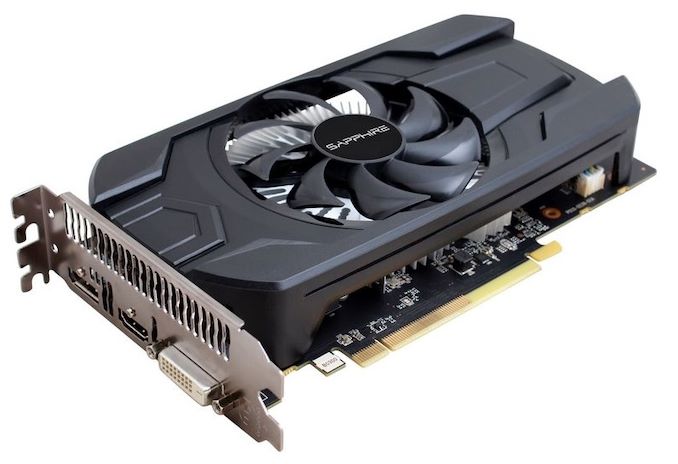
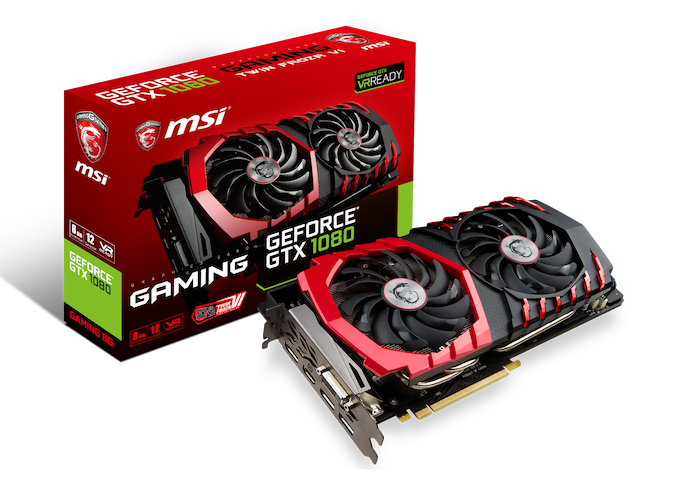
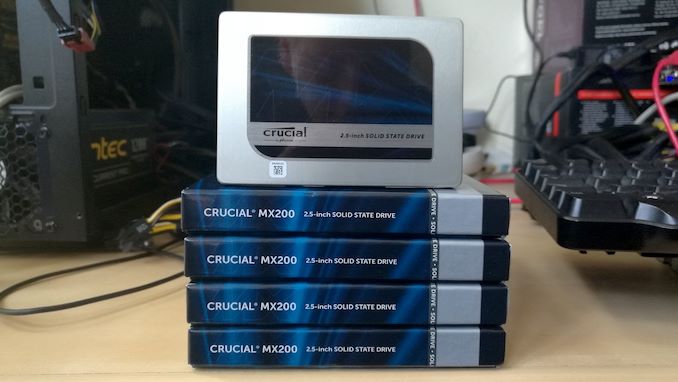
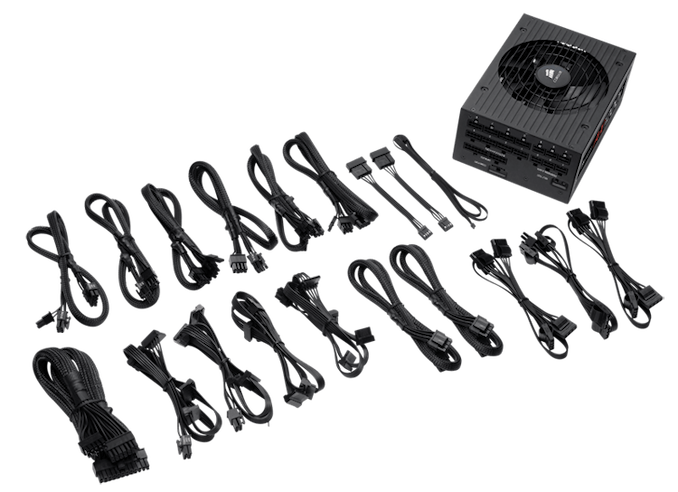
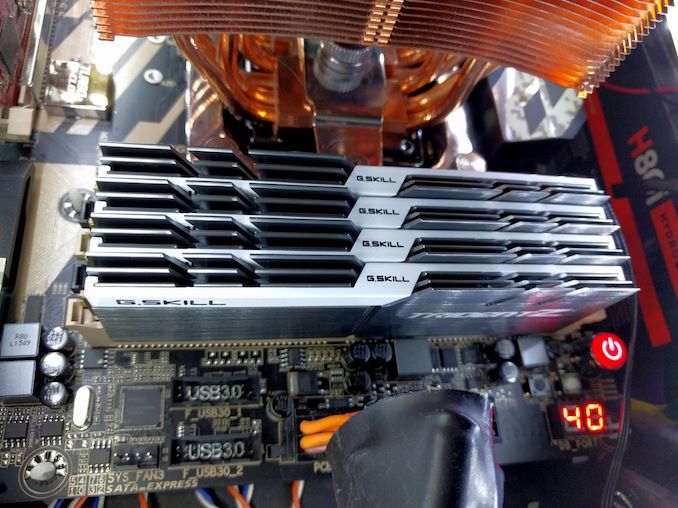
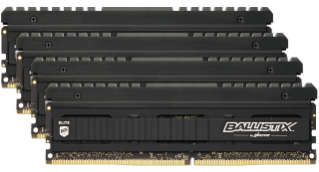
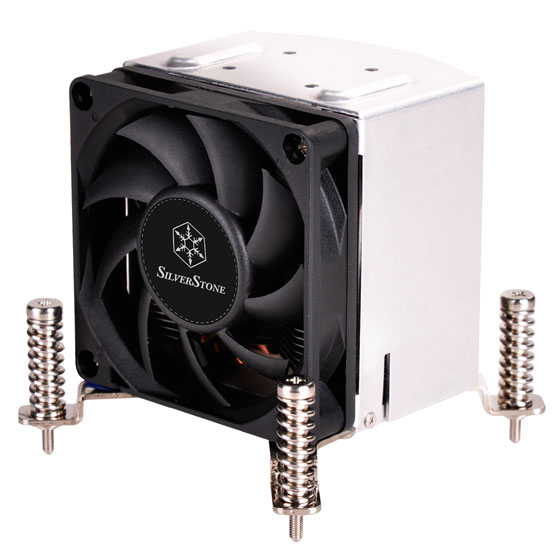
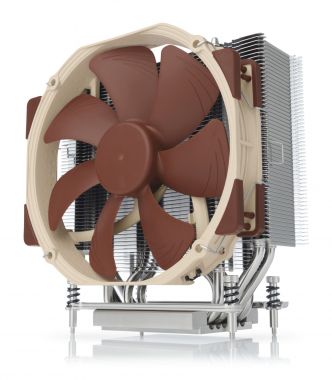








73 Comments
View All Comments
fmyhr - Thursday, May 20, 2021 - link
While this is true, AMD and motherboard manufacturers are distressingly cagey about whether ECC and ECC error reporting actually work. If you care about this, you need to do your own searches. There have been cases of ECC support being added or removed on successive motherboard BIOS revisions. The different mainstream mfgs have different attitudes regarding ECC RAM: MSI pretty much ignores it, Gigabyte says they support ECC on _some_ boards, Asus seems somewhat better, and ASRock appears to be the best bet. If only Supermicro would give us a non-Threadripper Ryzen board...AntonErtl - Friday, May 21, 2021 - link
AFAIK all ASUS (as well as all Asrock) boards support ECC. We have several servers with (working) ECC with Ryzen CPUs (without Pro): 1600X, 1800X, 3700X, 3900X, 5800X. If AMD sold the Pro models in retail and guaranteed ECC functionality, we would be willing to pay a little extra for that. As for the Pro models, I once compared the specification of one with the corresponding non-Pro model, and wrt ECC they were the same. Can anyone name a Pro model where AMD guarantees more ECC functionality?mode_13h - Friday, May 21, 2021 - link
The difference between ECC support of Pro and non-Pro CPUs is supposedly that AMD only tests and guarantees it on the Pros. For the non-Pro CPUs, it's up to the motherboard vendor to test and support.As for APUs, AMD disables ECC support on the non-Pro APUs. I guess that's because the main customers for APUs with ECC are corporations, and so it's like a favor to big OEMs, giving them a lock on the corporate market (since the Pro versions seem to be EOM-only).
mode_13h - Friday, May 21, 2021 - link
> EOM-onlytypo: should be OEM-only.
Slash3 - Friday, May 21, 2021 - link
Correct. The board does indeed support ECC in that way. Gavin misinterpreted the specifications; no idea why, as it is quite clear.https://www.asrockrack.com/general/productdetail.a...
"DDR4 288-pin ECC*/non-ECC UDIMM
* For AMD Ryzen Desktop Processors with Radeon Graphics, ECC support is only with Processors with PRO technologies."
Non-Pro APUs have always been the exception, and do not support ECC on any platform.
Jorgp2 - Friday, May 21, 2021 - link
>Uhh.. ECC memory works just fine with bog standard (aka "not Pro") Ryzen CPU's and has LITERALLY since their launch in 2017.I don't think you understand what kind of board this is.
If the data sheet says it only supports ECC for select SKUs, then it only supports ECC for select SKUs.
There is no halfway for the target market.
leexgx - Friday, June 18, 2021 - link
Ecc functionality still works even with the non-pro CPUs (just official stance is it doesn't work even thought it does, not like Intel where if its an i5 or higher ecc automatically doesn't work) ddr5 is going to change this problem with Intel as ecc is baked into ddr5 and can't be disabled and sold "as a enterprise" featureMeJ - Friday, May 21, 2021 - link
"The B550D4-4L also doesn't include integrated audio, so users looking to build an audio workstation will need to rely on external audio controllers."With respect, this comment is illogical. I have never heard of any DAWorkstation using on-board audio, and don't ever expect to. NOT having on-board audio to disable is a major advantage for a DAW. Also, the DPC issues here are perhaps characteristic of early drivers. There is no inherent reason I can see for this board to have worse performance than others with the same chipset... Is there? I agree that 10G would be preferred for a DAW.
mode_13h - Friday, May 21, 2021 - link
Lol. Yeah, integrated audio on server boards that even have it tends to be a minimal implementation, with lots of crosstalk and interference.mode_13h - Friday, May 21, 2021 - link
ASPEED BMCs are such garbage. This has the same ARM11 core as a first gen Raspberry Pi. Just imagine how slow software rendering is on such a core, and that's the graphics performance you get on these things.I have an ASRock board with one of these BMCs, and 2D graphics even feels slow at 1024x768 (which is the resolution that the EDID of my analog KVM seems to advertise, even though the monitor is higher).